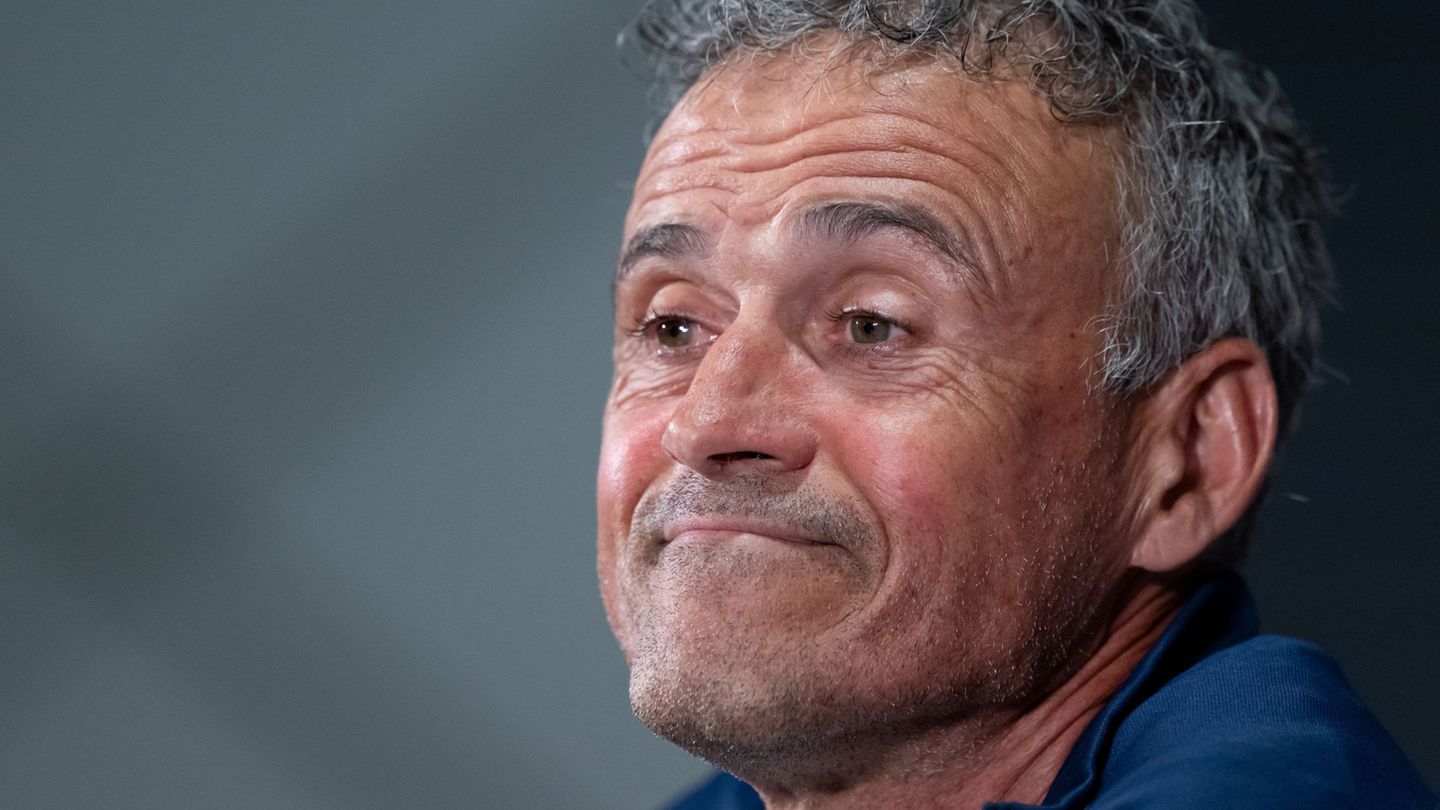He was Minister of Science in Hesse, Federal Chairman and parliamentary group leader of the FDP. But Wolfgang Gerhardt did not get his dream job. Now the man of soft tones has died.
The former FDP chairman Wolfgang Gerhardt has died. The 80-year-old died on Friday morning in Wiesbaden, FDP leader Christian Lindner announced on behalf of the family. “For almost 60 years he and the FDP fought for a free and strong society. His death makes me deeply sad,” wrote Lindner in a tribute. “We have lost an outstanding liberal,” added FDP General Secretary Bijan Djir-Sarai.
Steinmeier: Gerhardt has rendered outstanding services to Germany
Federal President Frank-Walter Steinmeier paid tribute to the deceased as one of Germany’s most influential political figures. “Wolfgang Gerhardt was one of those people who dedicated their lives to politics. In Hesse and later for many decades at federal level, the committed liberal put himself at the service of our country,” said Steinmeier in a letter of condolence.
He recalled that Gerhardt once described himself as a foil fencer in political debates. “That is how I experienced Wolfgang Gerhardt: clear on the issue, steadfast in conviction and always level-headed in his tone. His work has done good for the political culture in our country.” Gerhardt has rendered outstanding services to Germany, wrote Steinmeier.
Political career initially in Hesse
Gerhardt was born on December 31, 1943 in Ulrichstein, Hesse. The educational and political scientist initially made his political career in his home state of Hesse. In 1978 he was elected to the state parliament in Wiesbaden for the first time. From 1982 to 1995 he was the FDP state chairman. During this time he was also a member of the federal executive board of the Liberals. In April 1987 Gerhardt became Minister of Science and Deputy Prime Minister for four years until the end of the black-yellow coalition.
Gerhardt was denied his desired position
With the 1994 federal election, Gerhardt moved from Wiesbaden to Bonn. In the Bundestag, he was initially a member of the Postal Committee and later the Foreign Affairs Committee. He would have liked to become Foreign Minister, but this was denied to him because the red-green coalition won the 2002 federal election and there was no change to the black-yellow coalition.
In 1995, Gerhardt replaced the hapless Klaus Kinkel at the head of the federal party. He remained FDP federal chairman until 2001, and from 1998 to 2006 he was also chairman of the FDP parliamentary group. He eventually handed over both offices to Guido Westerwelle. In 2013, Gerhardt no longer ran for the Bundestag, as he had long since become head of the FDP-affiliated Friedrich Naumann Foundation.
Sober style instead of show
Gerhardt cultivated a rather sober, dignified style – show politics was not his thing. After losing his top positions in the FDP’s day-to-day political business, he saw himself as a pioneer of political liberalism in Germany.
“Man of quiet tones”
“For him, liberalism was not just a party political program, but rather an attitude,” wrote Djir-Sarai on his death. Lindner explained: “He was never a power politician, but remained a well-read, fine and generous person even in top positions. In a difficult phase of our history, he held the FDP together and rebuilt it.”
Hesse’s Prime Minister Boris Rhein (CDU) praised the deceased as an “outstanding politician”. The Free Democrat was “a man of soft tones, whose advice many people were happy to listen to”. Gerhardt campaigned for the interests of society with passion and dedication: “He knew how to build bridges and bring different opinions together. We will miss his commitment to a pluralistic society and a better Germany.”
Source: Stern
I have been working in the news industry for over 6 years, first as a reporter and now as an editor. I have covered politics extensively, and my work has appeared in major newspapers and online news outlets around the world. In addition to my writing, I also contribute regularly to 24 Hours World.




